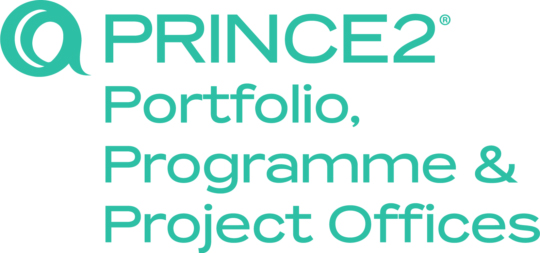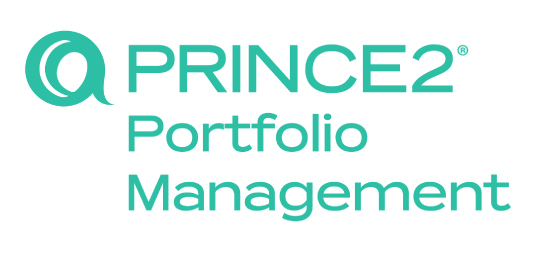 PMO Learning kicked off its new venture with a new booklet for people working within PMO – PMO Principles. The work was carried out by PMO Learning’s Eileen Roden alongside AIPMO (Association for International PMOs) founder Dr Robert Joslin and Dr Ralf Muller.
PMO Learning kicked off its new venture with a new booklet for people working within PMO – PMO Principles. The work was carried out by PMO Learning’s Eileen Roden alongside AIPMO (Association for International PMOs) founder Dr Robert Joslin and Dr Ralf Muller.
PMO Principles is available via Kindle or as a paperback.
So what are the PMO Principles?
This pocket book provides a different perspective on PMOs by using a principle based ‘lens’ to view PMOs which will help to address questions of PMO design, implementation, operation and transformation or retirement. PMOs, as with any socially constructed environment, are characterised by variety in every aspect – there is no one design or one way of operation. There is a management theory that explains this called ‘Contingency Theory’. It states that everything, irrespective of whether it is PMO services definition, project setup or a ski resort design, all are contingent on the environment. However, there is a way to guide people in their decisions; this is by principles. The principles described in this pocket book provide a means to design, implement, and operate a PMO that is tailored to the needs and circumstance of each individual organisation.
Principles
First of all – what is a principle? Here’s the standard dictionary definition:
a concept or value that guides actions and behaviours and can apply to individuals, organizations, and societies
Eileen gives a great example in her presentation session (which is available below) to help explain principles a little clearer.
The principles we have – that drive actions and behaviours sits above the rules and regulations that may be in place in an organisation. So if we work in an organisation that has lots of rules and regulations, we follow those and that’s that. With organisations which are run much more on a principal basis – we have much more latititude in what you do and how you behave in a situation. We still need overiding guidance in terms of what that might mean. A really simple example of that is – when you ring an organisation and you get that standard greeting from someone – and regardless of who you call in that organisation you will get that same greeting. In other organisations where they expect their call answerers to bring a bit more personality and interact and adapt to the caller. The principle for these call answerers is – be cheerful and greet the caller, let the caller tell you want they need and help the caller get what they want – but there is no script to follow. We’ve got latititude to speak as we like within the rules or in this case the general principle.
Seven PMO Principles
The difficulty with rules in an organisation is trying to think of them for every situation so people can follow them. As parts of work become more complex, having rules for everything is impossible.PMOs often try to create rules for project managers say, which have to be undertaken – or rules about the services they offer. But this can’t be done for everything and the PMO has to recognise that the context in which it is in differs from one another and we need guiding principles to help us decide on the functions and services we offer and how we support successful delivery in our organisations.
The seven guilding PMO principles are outlined here:

The PMO Principles in Action
The booklet was launched in October 2017 in London at Project Challenge and Eileen gave the presentation.
In this video you are given an overview of how the PMO Principles work in everyday practice.
The guilding PMO principles are just one of the things PMO Learning will be incorporating into the new training and learning options available in the new year, helping PMO professionals to understand how the principles are present in everything we do.
You can also see the original session which Eileen ran with AIPMO:
![]()






